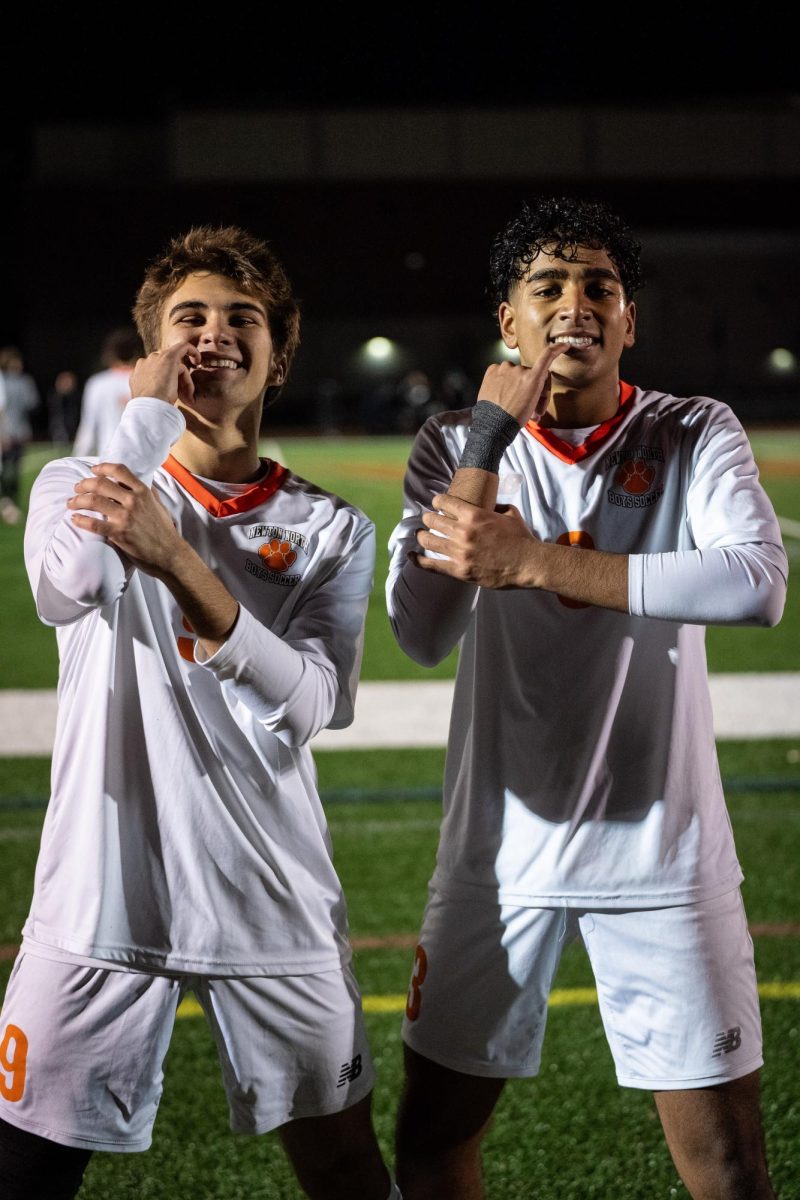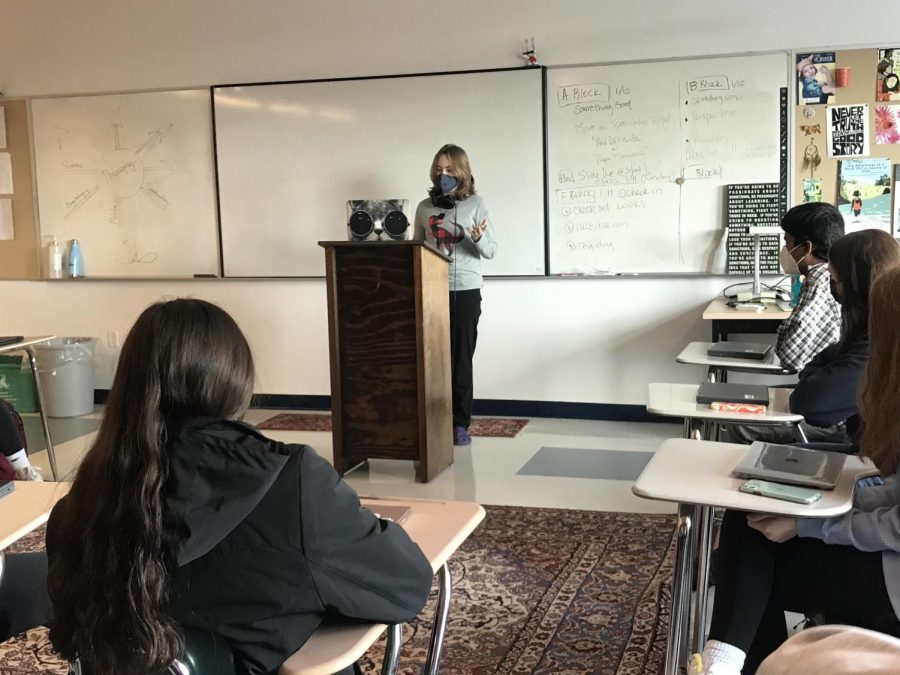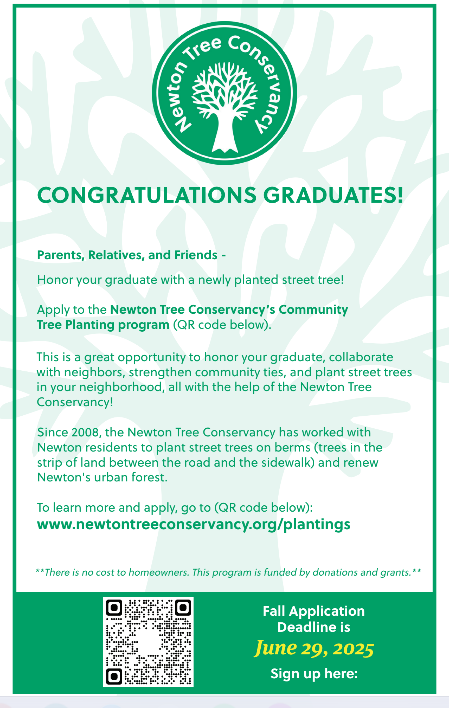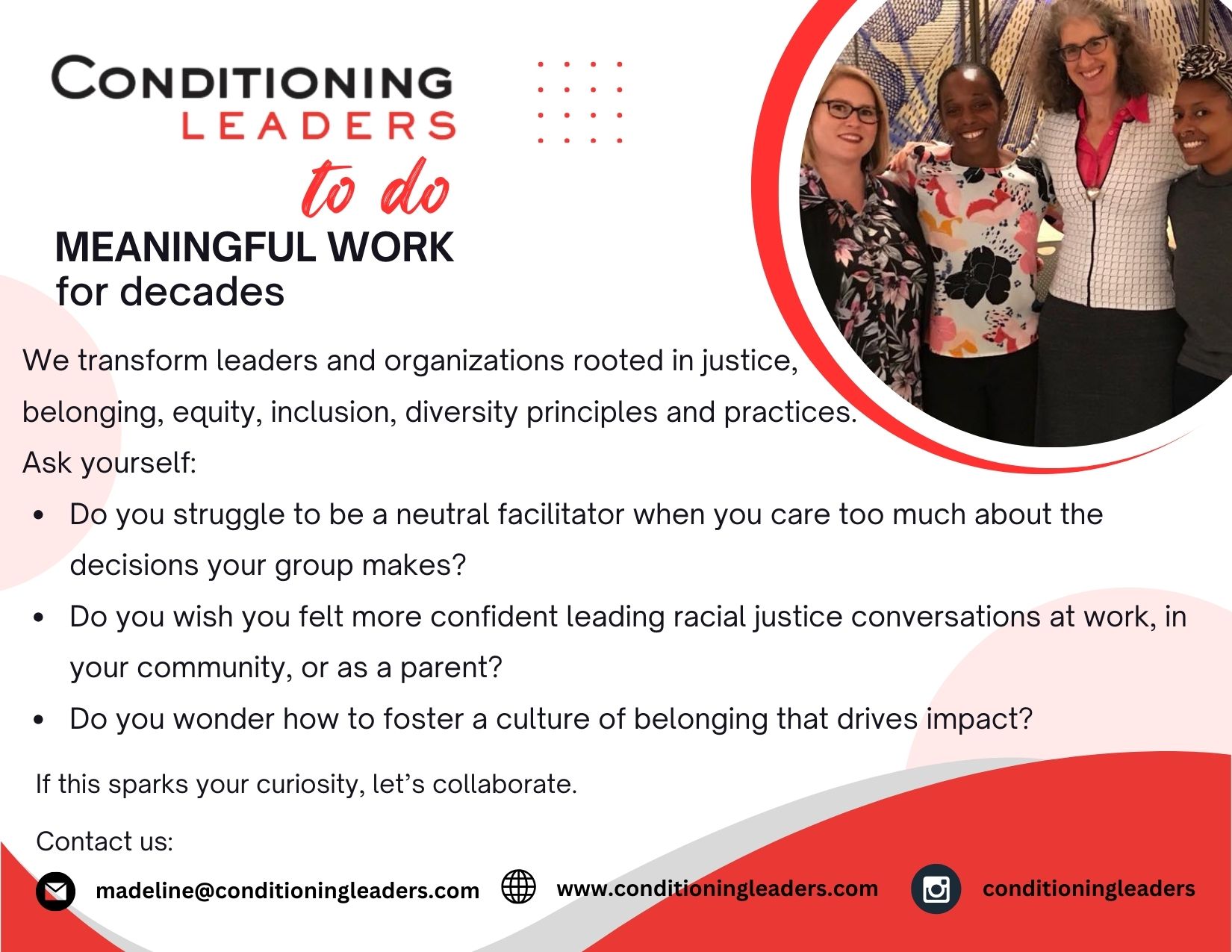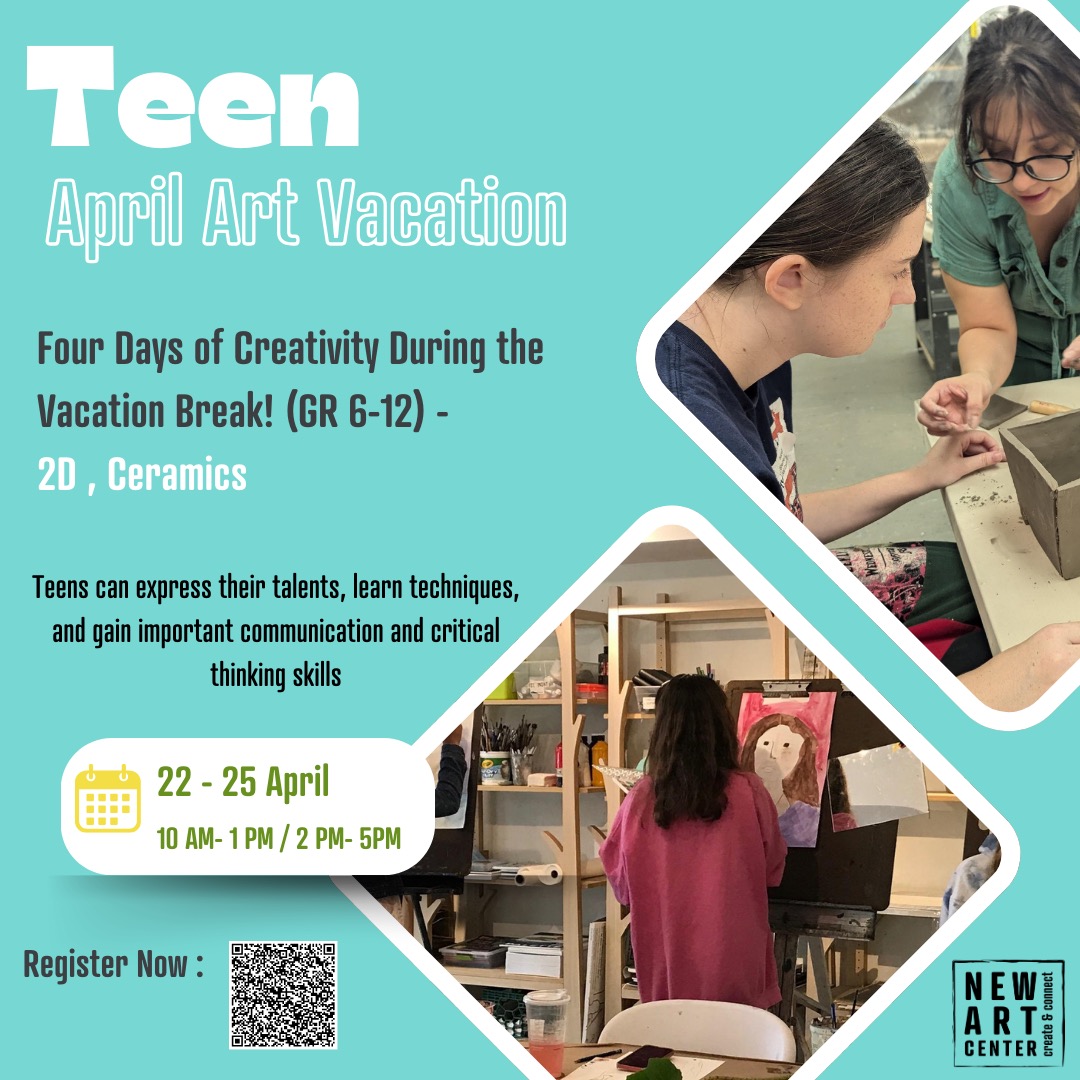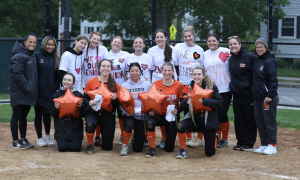Speech competition emphasizes student voices for social change
Sophomore Anika Walker presents her speech in English teacher Emily Lew’s c-block class Jan. 11, 2022. (Photo by Andy Zhou)
January 24, 2022
For the past two months, sophomores have been warming up their rhetoric and honing their speaking skills in the annual Martin Luther King Jr. sophomore speech celebration. Students began presenting speeches to their classmates and winners were chosen in each section.
“It is an assignment that allows students to express their opinions and voice on an issue that’s important to them,” said principal Henry Turner. “I think the sophomore year is a great year for students to start thinking about their own leadership.”
In past years, the best speeches were selected by a panel of English teachers, then presented in front of the grade and a winner was decided. Due to COVID-19 restrictions however, for the second year in a row, speech contests were limited to individual classes as a large gathering in the auditorium was not possible.
According to English Department Head Melissa Dilworth, without a larger competition more students can be honored for their accomplishments.
“We like the idea of having more people being celebrated in this current format. And it’s unclear what the future is,” she said. “We’re pivoting in the best way possible in order to celebrate as many sophomores as possible during this time for their accomplishments.”
In their English class, sophomores drafted speeches on topics that embody the voice of Dr. Martin Luther King Jr, speaking in adamant tones on important social issues, and presented the finished product to their classmates
English teacher Beth Cronin said, “I think for many students, especially ones who are emerging from learning on Zoom, a chance to focus on voice and conveying your thoughts in a powerful way is just a fantastic English class opportunity.”
Last year, during virtual school, all sophomores shared video recordings of their speeches with their classmates instead of performing them live. Despite having returned to in-person learning, this year’s sophomores were still given the option to record their speeches rather than delivering them live.
“Before, I thought I didn’t really have a voice,” said sophomore Maya Masaquiza Acosta, “As stressful as it was, I loved having all these ideas and then picking one that I really connected with and thought I could write a lot about.”
“I just love that there’s this collective, shared experience and that students ultimately really support one another, and the way there’s such kindness and empathy,” said Dilworth. “It creates a positive, collaborative, supportive energy for the students who are embarking on this perhaps very tough assignment.”
See below for a selection of this year’s speeches.
Shewa Osmani
On the other side of the world, children are dying and families are being torn apart. Lives are being taken and futures are being stolen. People are refusing to acknowledge the humanitarian crisis in Afghanistan. This isn’t a trend where you only talk about the crisis for one day and then forget about it. Afghanistan is slowly dying and the world is ignoring it. We need to use our voices to tell the world about Afghanistan.
On August 15, 2021, the Taliban, once a group of religious students, now a group of corrupt men, were able to gain control of Kabul, one of the largest cities and the capital of Afghanistan. Now the Taliban have access to most of Afghanistan. As an Afghan American, I remember the feeling of dread sweeping through me as the news spread. I remember watching the color leave my mom’s face. I remember hearing my dad’s phone buzz with the cries of help from my family back in Mazar Sharif. I remember watching fear sweep through my family and millions of others. The Taliban’s control led to a crisis in Afghanistan. Parents are selling their children to bring food onto their tables. People are dying from starvation and diseases. From a young age, children are being introduced into war and violence.
Since 1978, Afghanistan has been going through multiple wars. Once being a country filled with light and happiness, a place for tourists to visit and admire, it´s now a country filled with shadows and fear. Once bustling with life, it´s now a place where death is looming over every shoulder. Instead of tourists leaving with joy, Afghans are escaping with fear. Only a small percentage of Afghans are able to leave our war-torn home. The rest–the poor and uneducated–are forced to suffer, waiting to lie in their unmarked graves.
Osama bin Laden is gone, but the Taliban are still here. They are still there spreading their disorder and madness. If the Taliban manage to win this long-forgotten war, then Afghans will no longer have a home. Women will not be free, children will be prohibited from going to school. Educated men will be persecuted and schools will be demolished. The Taliban will spread destruction to all around the world. People will live in fear and my people’s voices will be silenced. Their cries for help will be ignored. Afghanistan will be forgotten once again.
My country was a place where change was encouraged, where women were able to go to college and study. Where children could run around outside safely. A country that used to have a surplus of natural resources. As an Afghan American, it pains me to know that my home is no longer safe for children to play freely. This group of dishonest and deceitful men are trying to take over my country, and if they manage to succeed they will spread chaos. I’m asking you to tell your family and friends about Afghanistan. I’m asking you to think about the future of Afghan children, and their families. Without us, Afghanistan will be left in madness. As an Afghan American, I hope that we will be able to bring peace into my hopeless country. Afghanistan needs our help and we need to use our voices to speak for its people. Mo khamosh namayshem. We will not be silenced.
Mo Hassan
This experience got me thinking about how other people handle their stress. people who have it a lot worse than me. How do they manage to do it? So I asked my sisters what stresses them out the most. “College is too expensive, and having too much work assigned at once caused me to stay up late and not be able to focus on my class the next morning,” they said. So I began brainstorming solutions to relieve stress. What can I do? What can I do to help myself and others relieve stress? Then I realized that there is no way I could make a difference on my own; this is a multi-person effort, so I began to consider what we as students could do to help ourselves and others relieve stress.
One of the first ideas that came to mind was that We can persuade teachers to give less homework due to the amount of work we do in school. Some students may have other important responsibilities outside of school such as having jobs or having to take care of a family member. We don’t know students’ obligations outside of school and it’s not equitable to assume that all students have the same time or time at all to do more school work out of school. We can also persuade teachers to team up and make a schedule so that teachers don’t assign a large amount of work at the same time. We can talk to the principal and teachers about holding a meeting with the school committee to try to shorten school hours so we can get more rest and not be as distracted during school the next day due to being overtired and not ready or at your 100% in class.
These are just the basics of my ideas, which is why I’m interested in hearing what students have to say about my topic because not only can they provide great ideas for others to de-stress, but they can also bring us, students, together on a project that I’m sure will benefit us. I genuinely think that stress can hurt our mental health, and I believe we should do something about it. I read an article that stated that teen stress can rival that of an adult. I 100% believe that if I had done some of the things listed, I would have de-stressed myself a little bit and my mental health would have been better from the time I had covid, so I believe that if we start getting other ideas from students, we will be able to find a way to put less stress on ourselves.
Isabella Dugan
Can I ask you all a few questions before I begin? Think to yourself, are you a Democrat or a Republican? Do you believe that no person is illegal and a woman should have the right to choose if she is ready for motherhood? Or will you fight to decrease the power of the federal government and to defend your right to bear arms? Do you criticize the work of former president Donald Trump or chant “Let’s Go Brandon” in public settings? Now I ask you, in all seriousness, do you actually know why you care so much about these beliefs?
In 8th grade, amidst Trump’s first impeachment trial, my history class took a field trip to the Edward M. Kennedy Institute, which is a replica of the United States Senate. Ideally, the purpose of that day was to inform kids on what issues each party deems to be most important and of the foundations of both conservative and liberal beliefs. Instead my peers decided to use that trip to ridicule and make snide remarks about the president and his supporters. However, only 29% of American teenagers research both sides of the aisle before determining whether they are conservatives or liberals, rather they only mirror their parents beliefs. That means that 71% of the kids on that trip were wandering around making claims without any evidence or prior knowledge to back them up. In many highly political families, children begin to agree with their parent’s political views around the age of eight. It’s hard to imagine that most of us have been blindly following a political party for half our lives.
Everyday we see evidence of this as Americans alienate anyone with opposing beliefs. For example, after some students revealed their support of then president Trump, they faced backlash from educators, classmates, and counselors. One of my former teachers was even shunned by her colleagues after trying to console a student after he was bullied for sharing his controversial beliefs. Every time you decide to criticize or silence someone that disagrees with you, you enable a culture that values censorship rather than tolerance. By simply taking the time to hear why someone votes the way they do, you can protect our democracy. Ask a Democrat why they hope to defund the police. Or why some Republicans are hesitant about getting the vaccine. You might just find that their responses make more sense to you than what your parents have instilled in you. Conversely, learning opposing opinions can sharpen your understanding and appreciation for your party.
As the next generation of voters it is our responsibility to question our understanding of our government, otherwise the consequences could be catastrophic. Many experts believe that if both the right and the left continue to suppress political differences a second civil war could be in America’s future. As more Americans feel unheard and disrespected by elected officials, events like January 6th could become a common occurrence. On that day we lost five fellow citizens to enraged Trump Supporters. In their efforts to protest election fraud, they unlawfully entered the Capitol Building. Every life lost is a tragedy. If this second civil war does occur, and is as deadly as its processor, we will lose 2% percent of the population, which is equivalent to 7 million Americans. Blind faith kills; just by opening your mind to new beliefs you can save millions of innocent Americans.
In two years we will turn 18, and with that inherit our country; a country poisoned by hate, biases, and ignorance. We don’t have to burn the American flag to spark a revolution, all we need is a little curiosity. Vote for the five people who died at the Capitol Building. Vote for your future sons and daughters. Vote for freedom, love, and peace. For the America you want to live in. And vote for yourself! Now once again I ask you: are you a Democrat or a Republican and do you actually know why you care so much about these beliefs?
Rina Borenstein
Did you know that during a 30-year period, a person who is 6 feet tall will earn $166,000 more than a person who is 5 foot 5? Let me say that again… Most, if not all of you, will make $166K more than me, solely because of your height. Standing only 4 feet and eleven inches tall, I am considered to be worth less than you, and the work that I do in the world is thought of as less significant compared to yours. All of this, simply because of how much space I take up in the world.
The struggles with how short people are treated have affected me on more levels than this one shocking, and frankly disappointing, statistic. In my experience, people have made snide remarks about my size, disrespected my need for personal space, and commented on my physique in an inappropriate manner. Although I am sure that most of these jokes, actions, and careless comments were never intended to cause harm, they have led me, at times, to feel uncomfortable and self-conscious.
One instance in which I was looked down upon because of my height occurred throughout fifth grade. Every day, my teacher would single me out by walking up to me and patting me on the head, reassuring me that everything would be okay and that she was there for me if I needed anything. Although I am confident that my teacher did this with no ill intent, perhaps even in an attempt to make me feel more comfortable in her class, her actions had the opposite effect. My teacher made me feel small and powerless; she made me self-conscious about my height and uncomfortable around her.
Since the head-patting incident in fifth grade, I have encountered fewer situations in which people treat me differently due to my height, although it is still an issue that I face. In addition to affecting me personally, the issue of height discrimination appears in the financial workplace. According to Brigham Young University, there is a significant increase in salaries for taller people. For every additional inch of height, BYU found that there is a $2,000 advantage in the starting salaries of business school graduates. But why should this even matter to you? Think about it like this; somebody who is just one inch taller than you, and doing the same work, will be paid $2000 more than you. As a reflection of your height, you are undervalued and unfairly compensated. Do you really think this statistic reflects equity, fairness, or decency?
Due to the personal ties that this issue has for me, as well as the broader and more financial ones, you can clearly see that height discrimination is a prevalent, modern-day, issue. What can you do to solve this problem? I urge you to do two things. First, be aware of yourself and the comments you make. Remember that YOUR words have the ability to build people up or to tear them down. Second, don’t ever treat someone differently because of their size. All of us – all of you – have the ability to promote or demote the confidence of those around you, if you only give yourself a chance. Don’t crush peoples’ dreams with careless or hurtful actions and comments.
Despite being paid less, looked down upon, and constantly made fun of, short people are beacons of light in the darkness that is modern day inequality. Bill Gates, Mark Zuckerberg, and Malala Yousafzai, all standing less than 6 feet tall, have assumed important roles as philanthropists, CEO’s, and activists. Although perceptions around this topic may not agree, the correlation between a person’s size and their ability to lead is just about as relevant as gender, religion, or hair color. Just because you look down at us, doesn’t mean you should look down on our power.
Andy Zhou
I’d like to think that most of us, myself included, don’t contribute to racism in any capacity. This statement immediately implies strong accusations towards you. None of us here are actively racist, but chances are we play a small role in it. I say these things because many of us live in the suburb of Newton, Massachusetts. American suburbs are founded upon deliberate separation and self-segregation, and as suburbanites, we have an obligation to educate ourselves and be fully aware of it.
For America, after WW2, the returning soldiers and the baby boom needed housing, and suburbs formed around the cities. Simultaneously, during the Great Migration, millions of African Americans moved to northern cities in search of work and an escape from segregation. But the North did not respond with loving arms and acceptance, but with redlining and a white exodus. According to the academic Richard Rothstein, banks would refuse certain mortgages to minorities, splitting neighborhoods into black and white. The government’s very own Federal Housing Administration subsidized the building of certain neighborhoods, requiring that homes only be sold to white people. Affordable suburban homes were kept from African American families, so when the value of those suburban homes rose, it was white families, now wealthy, who reaped the rewards, and the African American ones, left behind at no fault of their own.
And, the suburbs enabled people to act on individual prejudice. For the white people who rejected integration, who rejected the great migration, who rejected having neighbors of color, the suburbs offered the way out, a way to work in the city but stay out. And what has it left the country with now? Euphemistically, “low-income inner cities”. More simply, ghettos. The suburbs we live in, this separation is what they represent. This place you call home, is built upon foundations of exclusion, was built as a haven, a refuge, a rich and wealthy escape from black people. It’s sickening.
In a twisted way, I’m here because of it. I think to myself, why did my parents move us to Newton Massachusetts? Because the schools were good. Why are the schools good? Because Newton’s million dollar properties can fund a school district with a 253 million dollar budget. Why is it so rich? And while we’re at it, why is it so white? Why is the black population here less than half that in the rest of the state? Institutional racism is not just economic inequality, but the intersection of both falls right here even in our little suburb. My existence here perpetuates the concentration of wealth, and supports these foundations that it was built on. We support it.
If you could choose, I’m sure you wouldn’t ask to live in a city with deep discriminatory roots. Individually we cannot tear down these rigid institutions, but what we first need is knowledge, so I implore all of you, read about redlining, read about white flight, read about the institutions that separated the country in the past and now. We can go through 13 years of schooling without ever being taught this kind of recent, local, relevant history, and there too we need to fight for a reformed, more complete curriculum. Right now, we’re little cogs in a racist machine, and don’t you forget or ignore that. But, maybe in the future, we don’t have to be.













